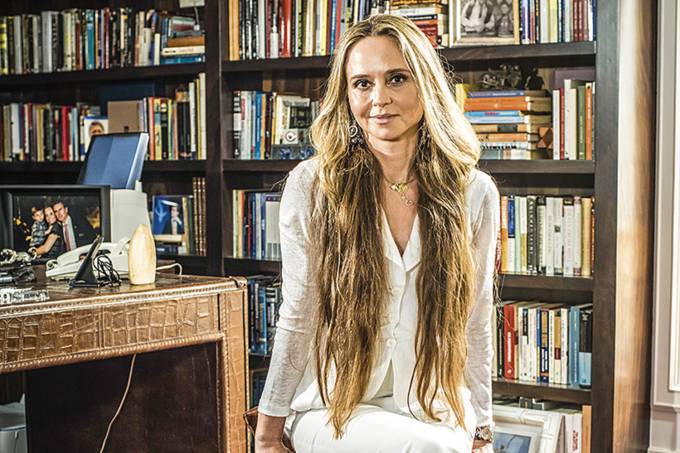Interview originally published at Veja Magazine.
What is the importance of this donation, the largest ever made in history for a cause in Brazil?
It helps to build a nation and establish a collective plan, which goes well beyond four years of government. It also has the power to engage other people and companies in a greater role for the common good.
The money will be managed by a committee formed by the bank. Will you be part of that group? No, my family makes a point of separating our philanthropic actions from those of the company (Patrícia’s husband, Ricardo Villela Marino, president of Itaú’s strategic board for Latin America, is part of the fourth generation of the bank’s founding clan).
In what social causes do you act? We have a project called Humanitas360. It is an institute which works on the prison system and its main source of prisoners, repressive drug policy. The objective is to fight for the reduction of social inequality. The law must be applied in the same way for everyone, without distinguishing social class. Justice is not the same for a user caught with marijuana in a wealthy neighborhood as for someone in the favela.
How does aid occur in practice? We create cooperatives for women inmates to learn new trades. So they don’t have to go back to crime.
You do work in slums and jails every week and your 7-year-old son doesn’t know Disney, unlike his friends. Why? I take my son to many projects that we do. He will have a much more prosperous life knowing how to deal with reality, not fantasy. Being a wealthy child, he already lives a kind of fantasy.
In Brazil, do the rich donate less than they could? Yes. I am not afraid or ashamed of being inconvenient, I speak publicly about things that many do not like to hear, whether at a social reception or at a corporate event. I am open about the fact that I want to honestly share the burdens and joys of others. My voice is always used to motivate people towards philanthropy.
Can the pandemic function as a motivation? The disease brings the feeling of scarcity, of the finite. This moment shows that we can be moved and touched by good examples. There is no difference in subjects, in needs: favela and pavement are part of the same society.
Published in VEJA of April 22, 2020, edition nº 2683

